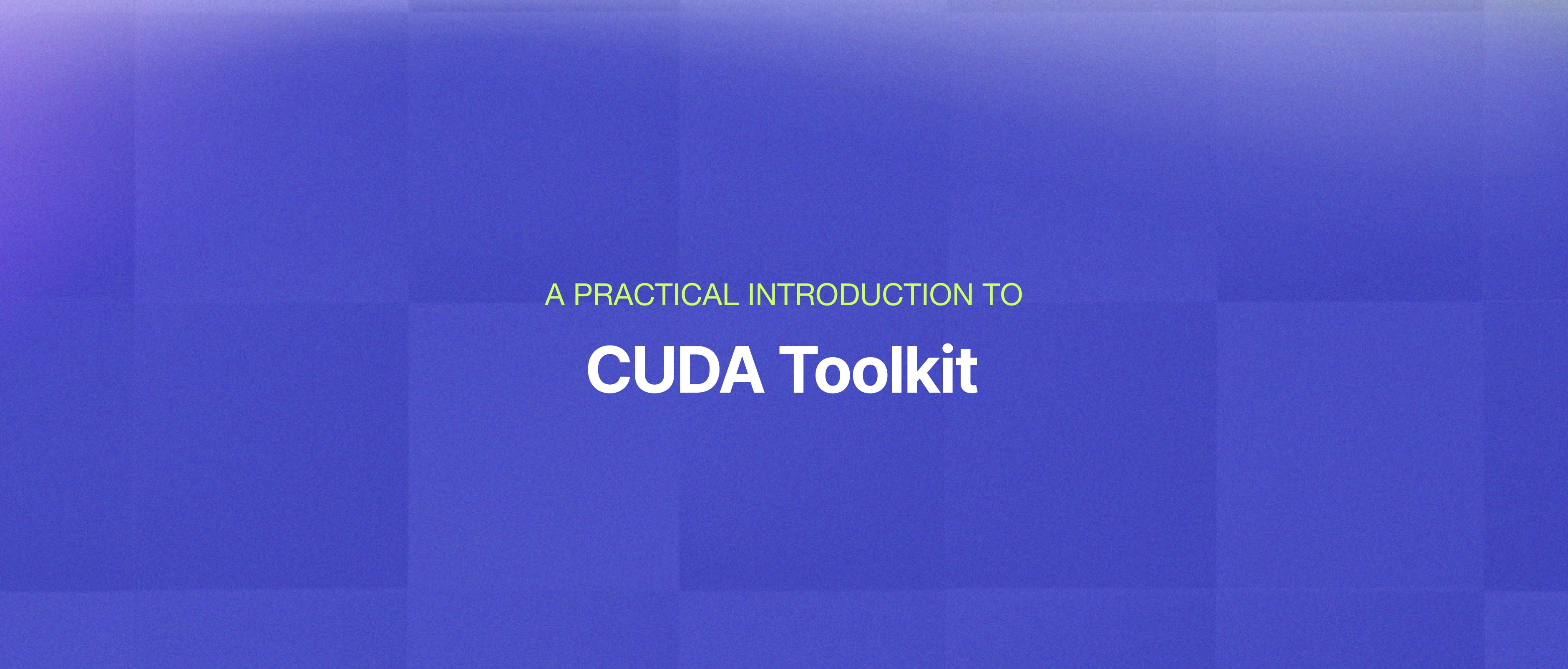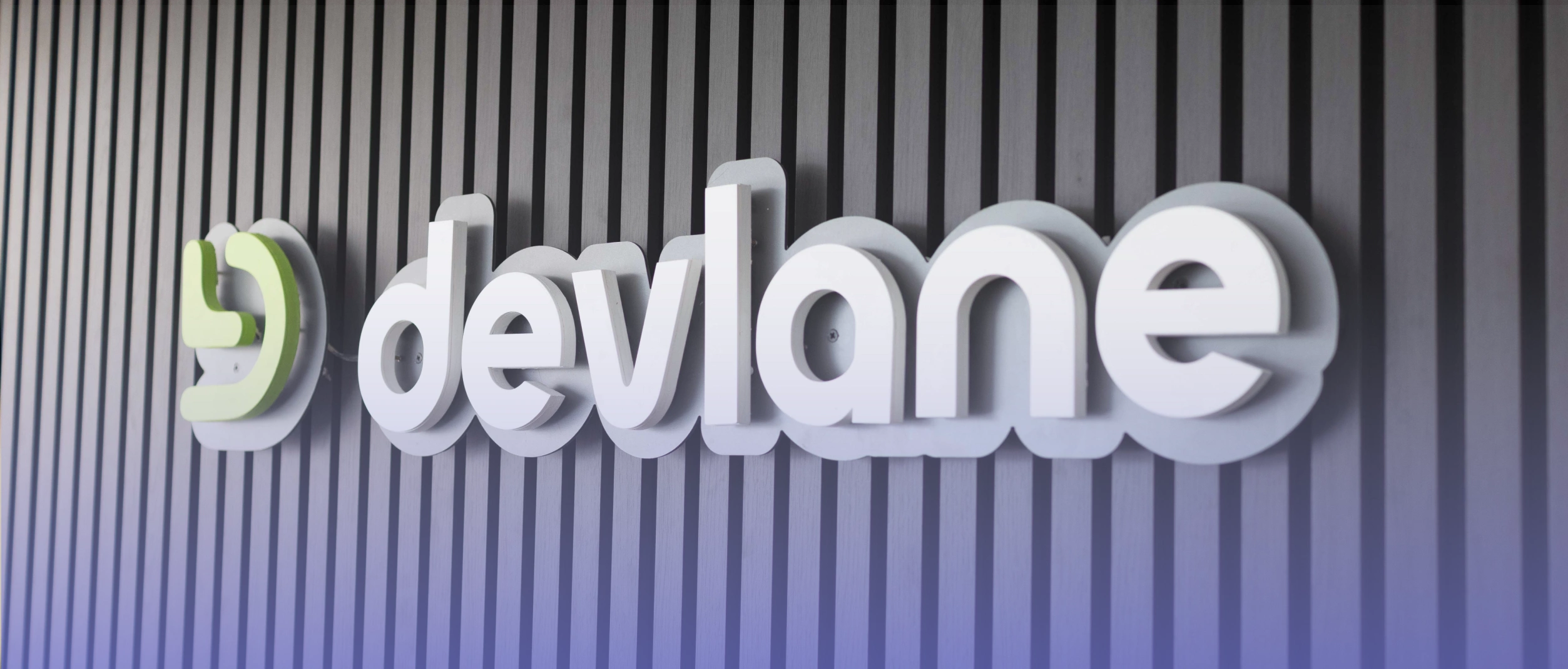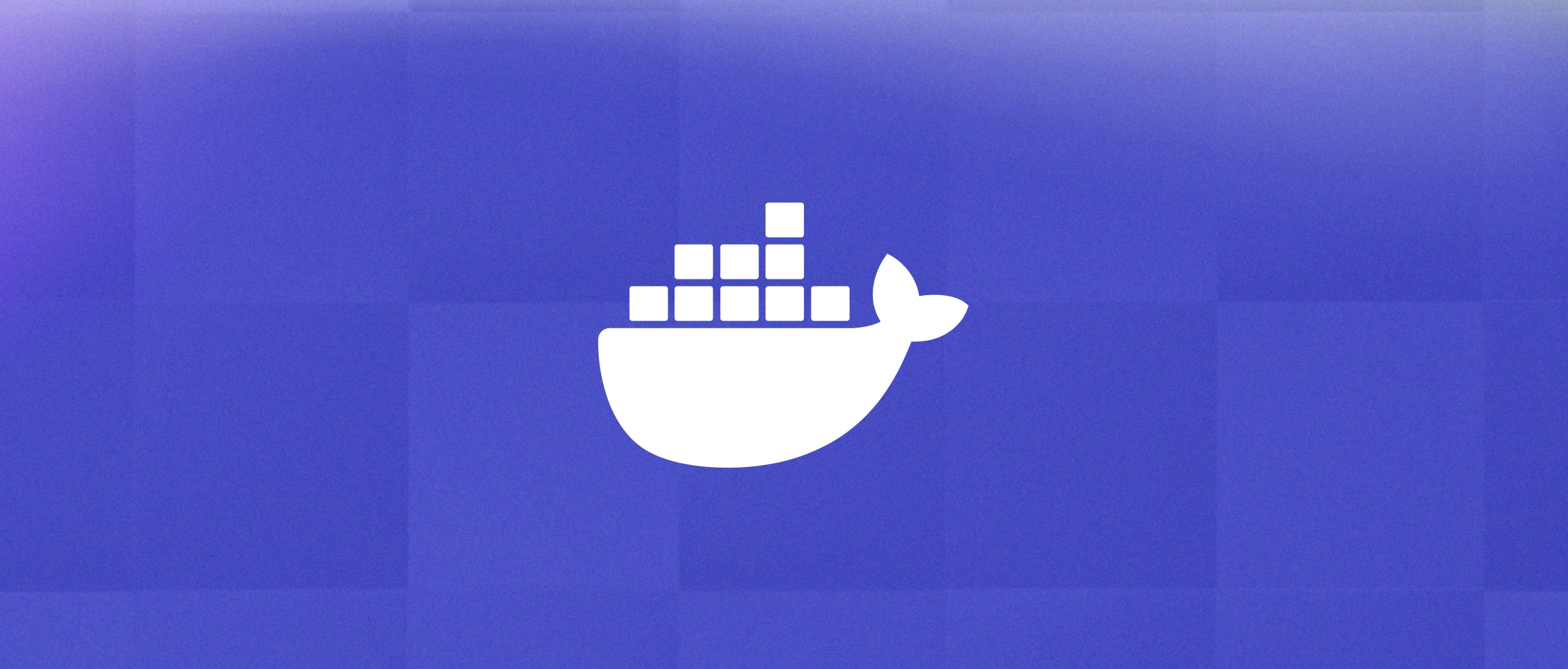What is Docker?
Docker is an open-source platform that allows programmers to create, distribute, execute, update, and manage containers—standardized, executable parts that integrate application source code with the libraries and dependencies of the operating system (OS) to run that code in any setting.
It serves primarily as a software development platform for creating distributed applications that operate effectively in various settings.
Developers relieve the burden of worrying about compatibility by making the software system independent.
It is also simpler to build, deploy, manage, and use the software when packaged into isolated environments (containers).
The idea behind Docker may seem comparable to virtual machines since it uses virtualization to build containers for storing apps.
Containers and virtual machines (VMs) differ significantly, even though both represent isolated virtual environments used for software development.
The most significant difference between virtual machines and Docker containers is that the former is lighter, faster, and more resource efficient.
Why should you use Docker?
For the following reasons, you must use Docker. You can match these advantages with your requirements to help you solve your issues.
Cheaper and faster deployment
You can drastically shorten the deployment time using a Docker-enabled container. In essence, all deployment-related tasks are placed in a container.
Then you can apply the procedure to new applications. In other words, deployment is smoother, which shortens the time it takes to market.
An environment that is constant and isolated
The first benefit of using Docker is that it gives you access to a consistent, isolated environment. It assumes the duty of isolating and segregating your programs and resources so that each container can access them independently without interfering with or depending on another container.
In the end, it enables the concurrent operation of numerous containers on a single host. Additionally, since each container is only permitted to access the resources given to it, the danger of several potential problems, such as downtime, is reduced.
Additionally, you can easily uninstall any application by deleting its container, and it won't leave any leftover files, such as temporary ones, on your system.
Version Control and Component Reuse
Developers can track subsequent container iterations, look over differences, or revert to older iterations. Additionally, containers utilize parts from earlier layers, making them substantially lighter.
Repeatability
The development process is sped up using building codes with repeatable infrastructure and setup. Here, it's important to remember that Docker images are frequently small.
This shortens the deployment period for new application containers and speeds up delivery.
Lower Maintenance Costs
The isolation between a containerized application and other apps running on the same system is maintained. Therefore, there is no blending of applications.
That is precisely what makes application maintenance simple.
Automation offers more rapid repeats and fewer errors, allowing the program to concentrate on its more essential features, such as value, user experience, and functionality.
Better Portability
The portability of Docker is another beneficial feature! The portability of apps developed with Docker containers is outstanding.
The host OS should support Docker, but the Docker containers can run on any platform, including Amazon EC2, Google Cloud Platform, VirtualBox, Rackspace servers, and others.
You can deploy the program to any machine that supports Docker, and it will function similarly because the application and all its dependencies are packed together in a Docker container.
Modify, evaluate, and launch new containers
With Docker, upgrading software within a product's release cycle is simple. Docker containers can be modified as necessary, tested, and new versions released.
With the aid of Docker, you can create, try, and remove images distributed across several servers.
The procedure is unaffected by recent security patches. The patch can be applied, tested, and made available for production.
Security
An application running in a container can often be considered more secure by default than one running on bare hardware.
Developers have complete control over the traffic flow since Docker assumes responsibility for the complete isolation and segregation of apps running within Docker containers from one another.
Without authorization, one container cannot access the data of another container. Apart from that, each container is given a specific set of resources to use.
You must remember, though, that Docker containers cannot be relied upon to take all necessary security precautions; you must also take other security aspects into account for total security.
Segmentation
You can segment an application inside of it using Docker containerization. You can improve a specific app section or complete the necessary tasks without closing the whole thing down.
Therefore, even if you focus on a particular application segment, your users will still experience hassle-free operation.
Simplified Dependency Management
It offers a framework for managing dependencies that allows each project or application to be separated while keeping all its dependencies in a different container.
Furthermore, you can execute several applications (containers) simultaneously on the same system.
Guarantees flexibility and scalability
Docker gives you the highest level of freedom and scalability. The consistency of the environment makes it simple to sort the Docker images across several hosts.
For instance, if an upgrade is necessary during the application release, you can easily make the changes in Docker containers, test them, and roll out new containers.
The application can be efficiently cleaned up or fixed without being entirely shut down, other than that. It can be installed on numerous physical servers, data servers, or cloud computing platforms.
Additionally, Docker allows you to start and stop applications and services quickly, simplifying things. It also enables you to construct replications for redundancy purposes rapidly.
Conclusion
DevOps technology manages a full workload, including software development, quality assurance, IT operations, testing, reviewing, deploying, etc., while retaining an agile viewpoint on the workflow.
Because DevOps empowers teams to respond quickly and guarantee stability at peak times, this results in shorter development cycles and boosts efficiency.
Because of this, every team and company must build a complete strategy focusing on scalability, dependability, and ongoing growth.
Other Blog Posts

AI in Healthcare: The Technologies Redefining Care Delivery Today

CUDA Toolkit Explained: How GPU Computing Accelerates AI Workload







